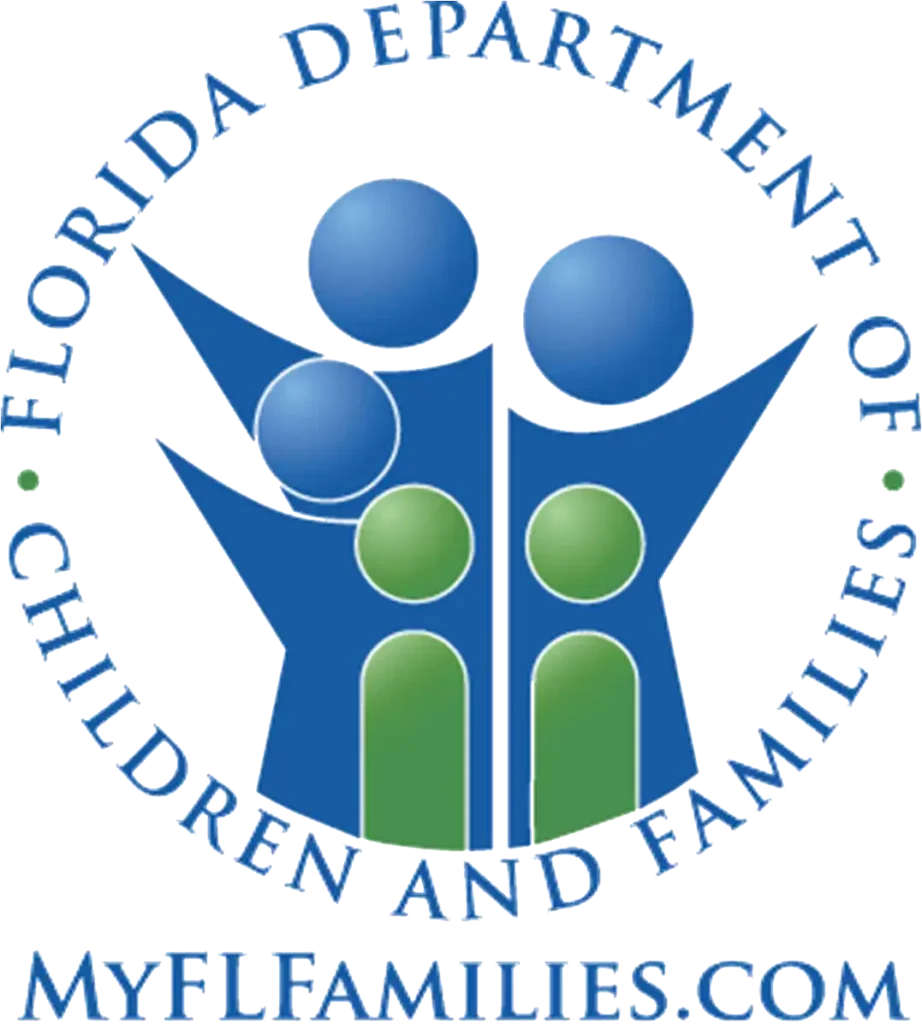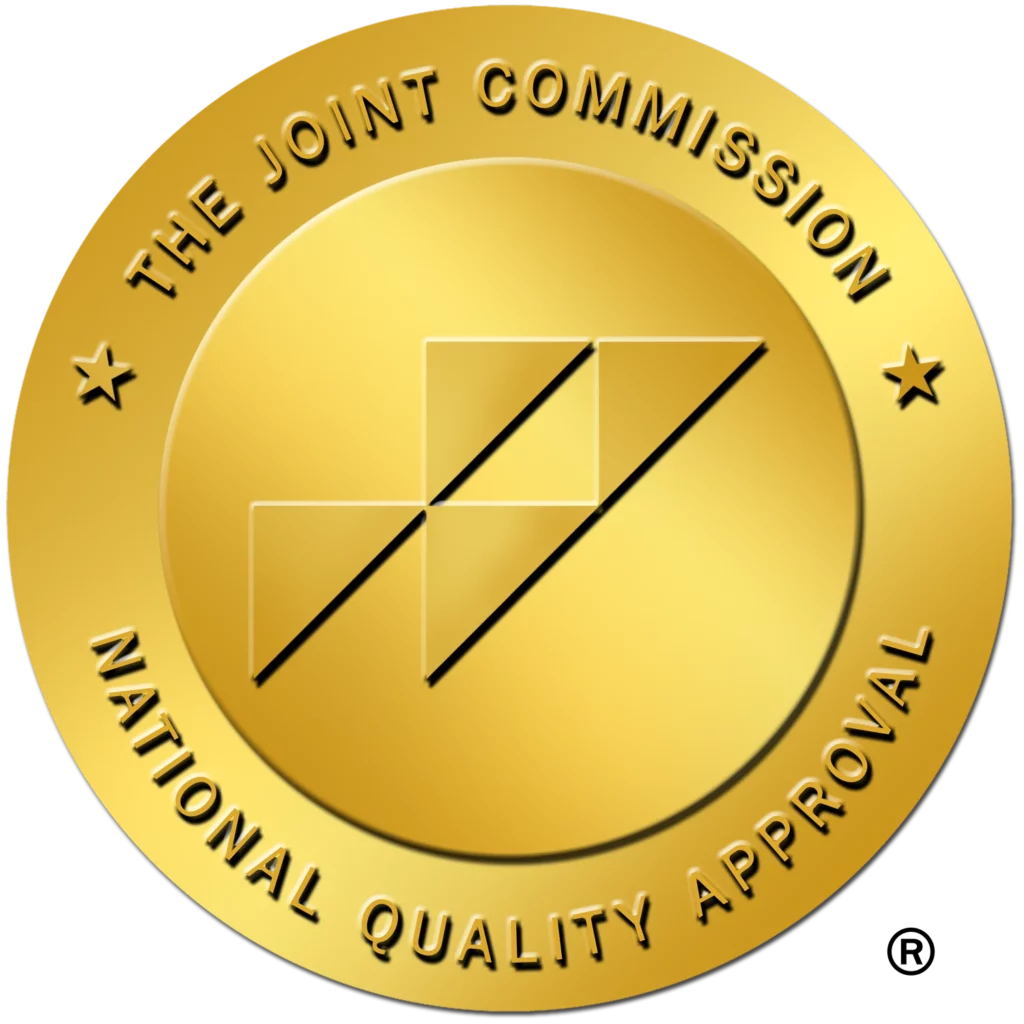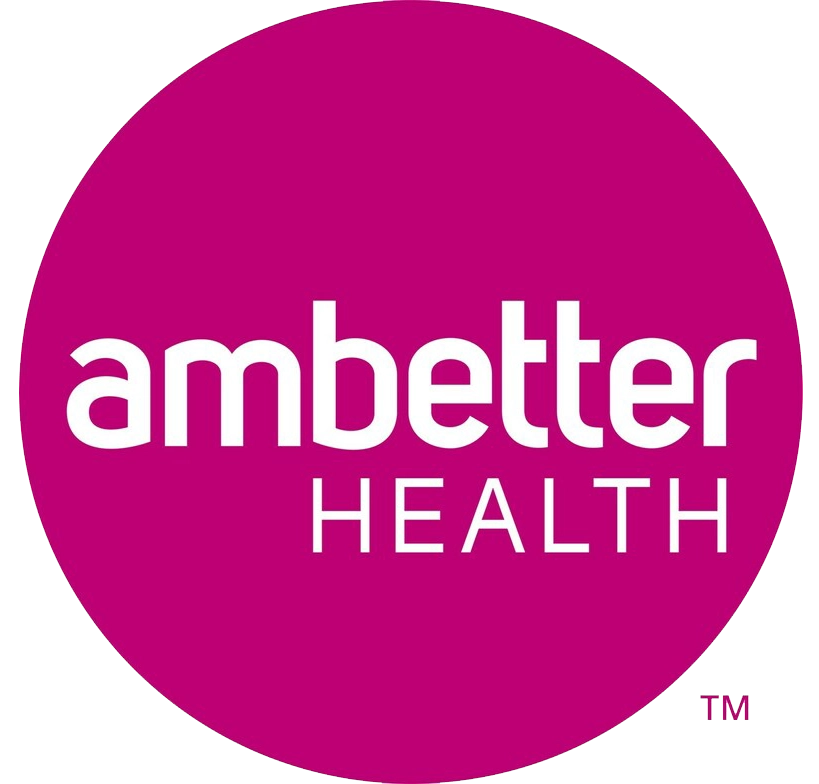Foundations Wellness Client Study
Gain insight into possible factors that affect treatment outcome

How Age, Gender, Co-Occurring Disorders, Use Disorder Type, MAT Participation and Treatment Duration Affected Completion Rate and Calendar Year Re-Admission at a Florida Drug and Alcohol Rehab
Florida-based partial hospitalization and outpatient drug and alcohol rehab facility Foundation Wellness Center conducted a study of its 2019 clients. The study’s purpose was to gain insight into possible factors that affect treatment outcome. Two indicators of treatment outcome were measured: treatment episode completion and readmission within the calendar year (not a rolling 12-month period).
The study analyzed the following aspects of its 2019 client data:
Age
Gender
Medication assisted treatment (MAT) program participation
Substance use disorder status (drug or alcohol use disorders versus both)
Co-occurring disorders
Treatment duration
All of the aspects studied were found to have a correlation with successful treatment, as outlined below.
Older Age at Admission Associated with Higher Treatment Completion Rates, Fewer Readmissions within Calendar Year

The prevalence of substance use disorder drops with age, yet most people seeking drug and alcohol rehab treatment are 26 and older, according to the 2019 National Survey on Drug Use and Health (NSDUH).
The overall prevalence of substance abuse in U.S. adults is 7.7%, according to the 2019 NSDUH. However, the prevalence was more than twice the rate in adults 18 to 25 (14.1%) than it was in adults over 26 (6.7%).
Conversely, those receiving substance use disorder treatment at any location during 2019 were more likely to be older.
The average age of the 2019 Foundations Wellness client population was 31.8. This is in line with the 2019 NSDUH finding that the vast majority of those receiving treatment for SUD are 26 or older.

The Foundations Wellness study further found that an older age at admission was correlated with successfully completing treatment, as well as having a single episode of care (versus multiple) within the 2019 calendar year.
Those who readmitted during 2019 were 3.1 years younger (10.7%) on average than those who did not.
29.0 is the average age of those who re-admitted within the calendar year
32.1 is the average age of those who had a single episode of care
Similarly, non-completed episodes of care were associated with a younger age. Those completing their episode of care were on average 2.2 years older (7.2%) than those who did not:
30.6 average age of client episodes that did not complete
32.8 average age of episodes that did
Females Less Likely to Re-Admit Within the Calendar Year; Gender Had No Effect on Treatment Completion

In line with previous studies, the 2019 NSDUH found that substance use disorder disproportionately affects males. Of the 19.3 million U.S. adults with a substance use disorder in the past year, 62.7% were male and 37.3% were female. A similar gender ratio was found at Foundations Wellness Center, with 62.3% males and 37.7% females.
However, the 2019 Foundations Wellness Client Study found that females were less likely to have multiple episodes of care during the 2019 calendar year than males:
28.6% of those with multiple episodes of care in 2019 were female, even though females accounted for 37.7% of the total client population
71.4% of those with more than one episode of care in 2019 were male, even though males accounted for 62.3% of the client population
When it comes to completing an episode of care, though, there was no significant difference in the proportion of males versus females:
36% of completed episodes of care involved females (close to the 37.7% female ratio among the total client population)
64% of completed episodes involved males (similar to the client population male ratio of 62.3%)
Medication-Assisted Treatment Clients Less Likely to Complete Treatment, More Likely to be Readmitted within Calendar Year
The 2019 NSDUH did not measure the numbers of medication-assisted treatment (MAT) clients. Also, no known studies exist as to the prevalence of MAT treatment among those treated for substance use disorder. Studies have shown that a longer duration of treatment, lower relapse rate (on illicit opioids) and a lower overdose rate among MAT clients.
The 2019 Foundations Wellness Client Study was not longitudinal. Therefore, MAT measurements were limited to:
Overall prevalence of MAT clients in the total client population
Completion versus non-completion of treatment episodes
Single episodes versus multiple ones within the calendar year
Treatment duration

Overall, a solid majority of clients were not on a MAT program:
22.9% MAT clients
77.1% non-MAT clients
Surprisingly, however, the use of medication assisted treatment was found to negatively affect the likelihood of completion of an episode of care:
19.8% of completed episodes involved the use of MAT
24.2% of non-completed episodes involved MAT
In fact, not using MAT in episodes of care increases the chance of completion by 22.2%.

MAT clients were also more likely to have more than one episode of care.
39.3% of those with multiple episodes of care were MAT clients (for at least one episode), versus
22.9% of general client population on a MAT program
Episodes of care involving MAT also averaged 3.5 fewer days than those that did not:
32.3-day average treatment duration, MAT-involved episodes of care
35.8-day average treatment duration, non-MAT episodes (10.8% longer than MAT-involved episodes)
35-day average treatment duration for all care episodes (8.4% longer than MAT-involved)
Having Both a Drug and an Alcohol Use Disorder is Correlated with Lower Treatment Completion Rate, Higher Rate of Readmission

Episodes of care involving a drug and alcohol disorder were less likely to complete than those which involved just a drug or just an alcohol disorder:
Episodes of care involving a drug and alcohol disorder were 43.4% less likely to be completed
Those involving only an alcohol use disorder only were 36.9% more likely to be completed
Those involving only a drug use disorder were 22.4% more likely to be completed

As well, those with both a drug and alcohol disorder were more likely to be readmitted within the 2019 calendar year.
53.6% of those re-admitting within the calendar year had a drug and alcohol use disorder as of their first admission
39.3% had a drug use disorder only
7.1% had an alcohol use disorder only
14.3% of clients switched substances (or fell into another use disorder category) on a subsequent admission
Conversely, those with a single episode of care were less likely to have a both a drug and alcohol use disorder as well as only an illicit drug use disorder:
33.3% drugs and alcohol (37.9% lower than those with multiple episodes)
53.4% drugs only (36% higher than those with multiple care episodes)
13.2% alcohol only (46.2% higher than those with multiple care episodes)
Higher Rate of Co-Occurring Disorders is Associated with Lower Treatment Completion Rate, Higher Likelihood of Readmission within the Calendar Year

Overall, one in five adults (20.6%, or 51.5 million) currently have a mental condition, according to the 2019 NSDUH. A higher incidence of mental illness can be found in those with substance use disorders. Of the estimated 19.3 million people who had a substance use disorder in the past year, nearly half (49.4%), or 9.5 million individuals, also had a co-occurring disorder.
The 2019 Foundations Wellness client population had a significantly greater incidence of co-occurring disorders than did NSDUH respondents.
85.7% co-occurring (73.5% greater incidence)
14.3% non-co-occurring
Having a co-occurring condition was also associated with a greater likelihood of readmitting within the 2019 calendar year:
96.4% of those readmitting within the calendar year had a co-occurring diagnosis (10.7% greater incidence than those who did not readmit within the calendar year)
3.6% did not have a co-occurring diagnosis

Episodes of care involving an individual with a co-occurring diagnosis were also less likely to complete:
80.2% of completed episodes involved a co-occurring diagnosis
89.9% of episodes that did not complete involved a co-occurring diagnosis
Significantly Longer Care Episode Duration Associated with Treatment Completion; Slightly Longer Episodes Associated with Decreased Likelihood of Calendar Year Readmission

A significantly longer duration of care (nearly three times as long) was associated with successfully completing treatment:
Completed episodes of care averaged 62.6 days
Non-completed episodes averaged 21.5 days

Those re-admitting within the calendar year had a slightly shorter duration of treatment than those that did not:
29.2-day average treatment duration for those with multiple episodes of care (10.4% shorter)
36.6-day average treatment duration among those with a single episode
Experience Recovery in All Areas of Your Life at Foundations Wellness Center.
Our Happy Clients

“So instead of my story starting at birth (which is a horrendous story in itself!), I’m going to start where my addiction really started, which was 2006 while I was working as a nurse. I had very recently gotten a divorce and had untreated mental health issues. I began using meth to self-medicate because I felt so down…
Articles
-

Risks of Benzodiazepine Use: What to Know
Benzodiazepines, sometimes called “benzos,” are prescription medications that depress the..
-

Medication Assisted Treatment
Addiction is a chronic brain disease characterized by an intense..
-

What Are Adult Children of Alcoholics (ACOAs)?
Adult Children of Alcoholics, or ACOAs for short, are people..
Accreditations
& Certifications


We Accept Most Major Insurances and Private Pay Options are Available.



If you do not see your insurance carrier below, please contact us to verify your benefits with an admissions specialist.
